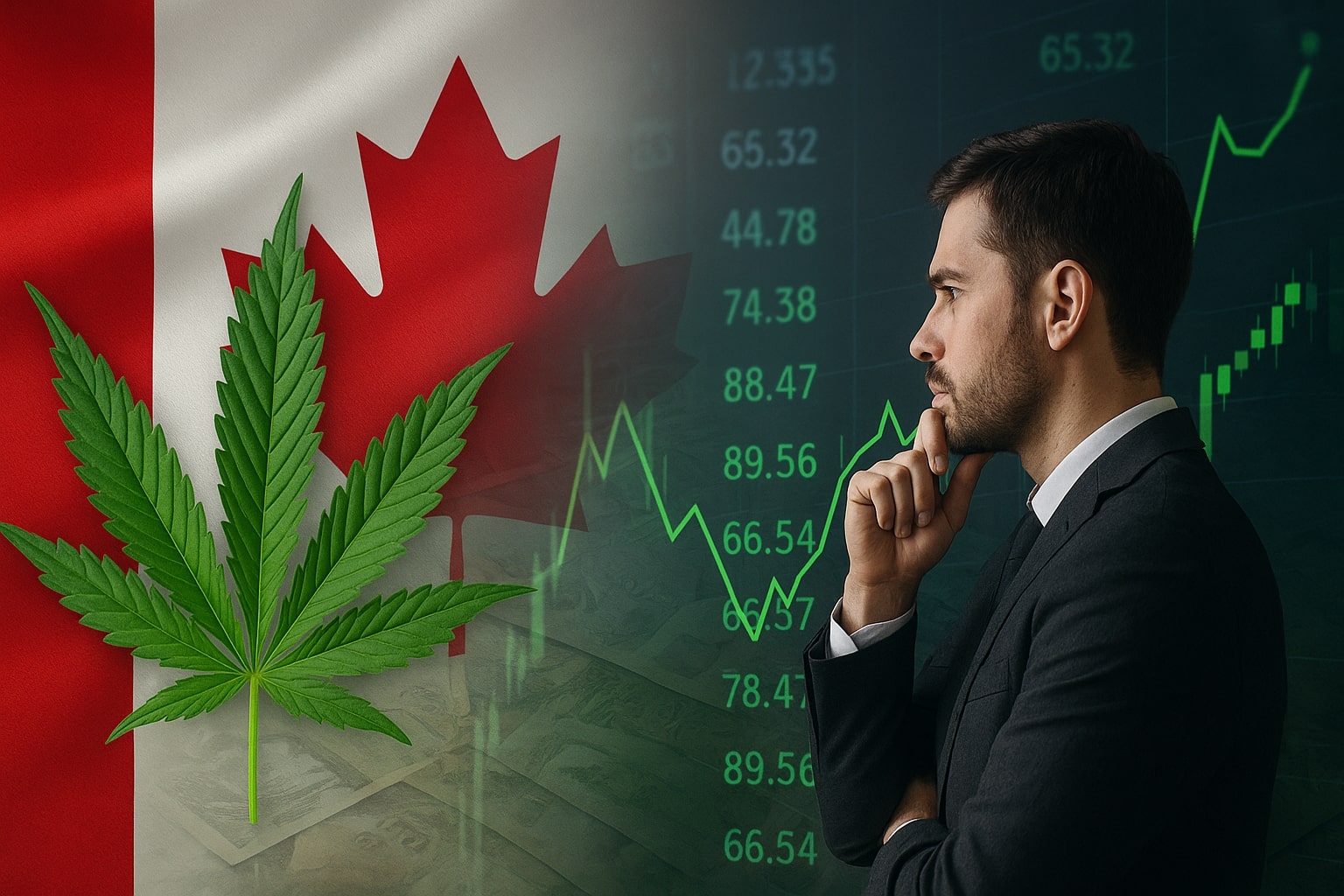There is no doubt that cannabis has a large amount of potential for treating a wide variety of illnesses such as cancer and certain epileptic disabilities, but many would be shocked to find out how much potential marijuana has to fight addiction in some cases. One of the largest benefits to cannabis use comes from fighting the opioid epidemic in the United States. Opioids have long been one of the most dangerous drugs prescribed to individuals, with a high rate of addiction and often a low success rate. Recent research has shown that cannabis can help to curb alcoholism and cocaine addictions respectively. Researchers recently gave rats cannabidiol, one of the main medicinal components of cannabis, to see how it would effect dependence on certain drugs.
Cannabidiol or CBD is a compound within the cannabis plant . CBD has one main difference to THC, and that is that it does not offer any psychoactive properties. CBD in other words, does not get you high, which can often be a large determinant when looking at the drug for use with patients suffering from addiction. The research report shows that “Rats who consumed CBD, which is known to reduce anxiety and stress, were less likely to relapse five months later. Notably, researchers pointed out that the chemical’s ability to minimize impulsiveness was significant.”
One of the issues with CBD continues to come from legality. The continuous war on drugs being fought by Attorney General Jeff Sessions has threatened the legislation for cannabis in the future of the country, but it seems as though CBD will not be as highly affected as other forms of cannabis CBD is legal in the United States if it is acquired from industrial hemp, but not when it is derived from THC-concentrated cannabis, or the form that many would see in dispensaries across the nation. CBD has many other medicinal properties such as relief for chronic pain, acne, and cancer-related symptoms. The medicine can also be used to treat those with diabetes, neurological conditions and heart problems to name a few.
The biggest issue still stems from whether or not cannabis will be legalized on a nationwide level. If that is able to be passed, access for researchers and patients alike will greatly be eased, allowing for a future of CBD to be seen across the nation. Jeff Chen, director of UCLA’s new Cannabis Research Initiative recently stated that, “We’re not just saying opioids make you feel good and so does cannabis, and now you’re addicted to cannabis. There are direct reasons why this could actually help people get off of opioids.If there is a chronic pain component, the cannabis can address the chronic pain component. We also find opioid addicts have a lot of neurological inflammation, which we believe is driving the addictive cycle.
Preliminary studies that cannabinoids can reduce neurological inflammation, so cannabis could be directly addressing the inflammation in the brain that’s leading to opioid dependency. With doctors prescribing opioids across the board, the use of cannabis continues to be a fantastic alternative to what many consider to be quite a harsh drug. The massive upside potential with cannabis use has been seen throughout research studies and beyond. With legislation on the way for cannabis, it seems like it is only a matter of time before CBD and the likes of cannabis will be able to takeover the large market for pharmaceutical pain relievers. Only time will tell how well researchers are able to take advantage of this new medicine to help give relief to patients across the states.
MAPH Enterprises, LLC | (305) 414-0128 | 1501 Venera Ave, Coral Gables, FL 33146 | new@marijuanastocks.com










